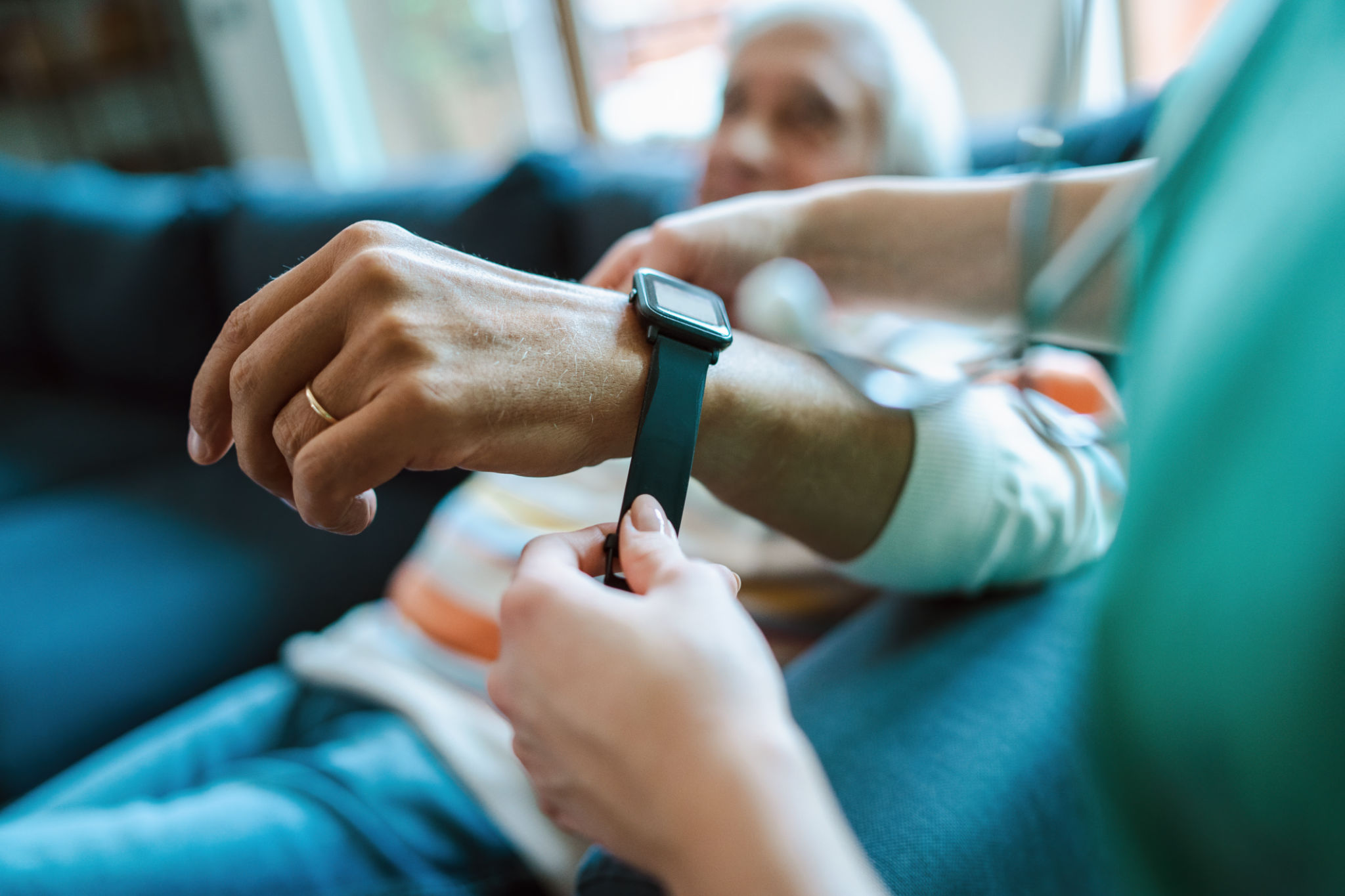Innovative Trends in Digital Health: What to Expect Next
Revolutionizing Patient Care with Telemedicine
Telemedicine has emerged as a powerful tool in transforming patient care, offering a convenient, efficient, and often cost-effective alternative to traditional in-person visits. With advancements in technology, patients can now consult healthcare professionals from the comfort of their homes, leading to improved accessibility and reduced wait times. This trend is expected to continue growing, especially as more healthcare providers adopt telehealth platforms.
Moreover, telemedicine is breaking geographical barriers, allowing individuals in remote or underserved areas to receive quality healthcare services. As technology continues to evolve, we can anticipate the integration of more sophisticated tools such as AI diagnostics and virtual reality consultations to enhance the telemedicine experience.

The Rise of Wearable Health Technology
Wearable health technology is becoming increasingly prevalent, with devices like smartwatches and fitness trackers offering users real-time insights into their health metrics. These gadgets enable individuals to monitor their heart rate, sleep patterns, physical activity, and more, empowering them to take proactive steps towards maintaining a healthier lifestyle.
In the future, we can expect wearables to become even more advanced, incorporating features such as non-invasive glucose monitoring and enhanced biometric sensors. These innovations will provide users with a deeper understanding of their health conditions and allow healthcare providers to offer more personalized care.

AI and Machine Learning in Healthcare
Artificial intelligence and machine learning are revolutionizing the healthcare industry by streamlining processes and improving diagnostic accuracy. AI algorithms are capable of analyzing vast amounts of medical data quickly, helping doctors make informed decisions and predict patient outcomes more effectively.
The potential applications of AI in healthcare are vast, ranging from automated imaging analysis to personalized treatment plans. As these technologies continue to advance, we can expect them to play an even more significant role in improving patient care and reducing the burden on healthcare professionals.

Blockchain for Secure Health Data Management
Blockchain technology is being explored as a solution for secure and transparent health data management. By providing a decentralized system for storing and sharing medical records, blockchain can ensure data integrity and privacy while facilitating collaboration among healthcare providers.
This technology holds promise for reducing administrative costs and improving the patient experience by allowing individuals to control access to their health information. As blockchain adoption grows, it could transform the way health data is managed globally.

Virtual Reality for Medical Training and Treatment
Virtual reality (VR) is making waves in the medical field, offering immersive experiences for training medical students and professionals. VR simulations provide a hands-on approach to learning complex procedures without the risk associated with real-life practice. This not only enhances the learning process but also improves the quality of care provided.
Additionally, VR is being used as a therapeutic tool for patients, particularly in pain management and mental health treatment. By creating virtual environments that distract or calm patients, VR can reduce reliance on medication and offer innovative approaches to treatment.

Internet of Medical Things (IoMT)
The Internet of Medical Things (IoMT) refers to the interconnected network of devices that collect and share health data. This technology enables continuous monitoring of patients' conditions, leading to early detection of potential health issues and timely interventions.
IoMT devices range from wearable sensors to smart home systems that track vital signs and environmental factors. As the network of connected devices expands, the IoMT is expected to drive significant improvements in patient care and operational efficiency within healthcare systems.
